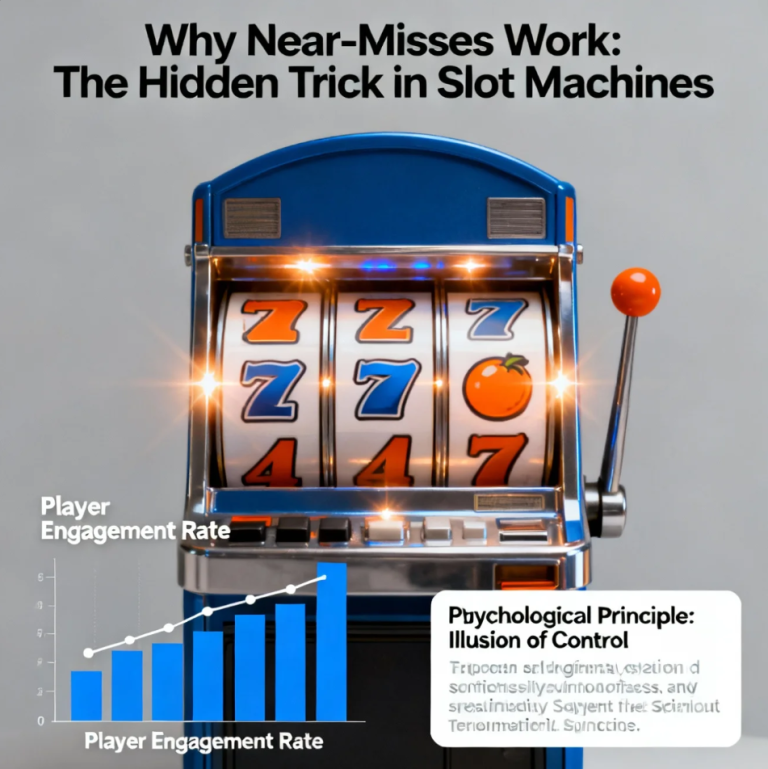
For as long as casinos have existed, one question continues to spark debate: Is casino gaming purely luck, or can skill influence the outcome? The truth lies somewhere in between, depending on the type of game, the player’s knowledge, and the strategies used.
The Role of Luck in Casino Gaming
Many casino games are fundamentally games of chance, where outcomes are determined by randomness:
- Slots: Entirely luck-based, with results decided by Random Number Generators (RNGs).
- Roulette: The spin of the wheel offers no way to influence results.
- Craps: Dice rolls rely completely on probability.
Luck makes these games exciting because anyone can win, regardless of skill level.
Where Skill Makes a Difference
Other games allow players to use strategy and decision-making to improve their odds:
- Poker: Bluffing, reading opponents, and calculating odds make poker one of the most skill-based casino games.
- Blackjack: Card counting (where allowed) and optimal strategy can shift the house edge.
- Sports Betting: Knowledge of teams, players, and stats influences decisions.
Skill doesn’t guarantee a win, but it can maximize long-term success.
The Balance of Luck and Skill
Most casino games combine both elements:
- Luck: Determines short-term outcomes, keeping the games unpredictable and thrilling.
- Skill: Helps players manage bankrolls, reduce losses, and sometimes tilt odds slightly in their favor.
Psychology also plays a role. A skilled player maintains discipline, avoids emotional decisions, and knows when to walk away.
Final Thoughts
So, is casino gaming about luck, skill, or both? The answer depends on the game you play. Slots and roulette are all about chance, while poker and blackjack reward skillful strategies. In the end, the best casino experience comes from understanding the balance—embracing luck, applying skill where possible, and always playing responsibly.



